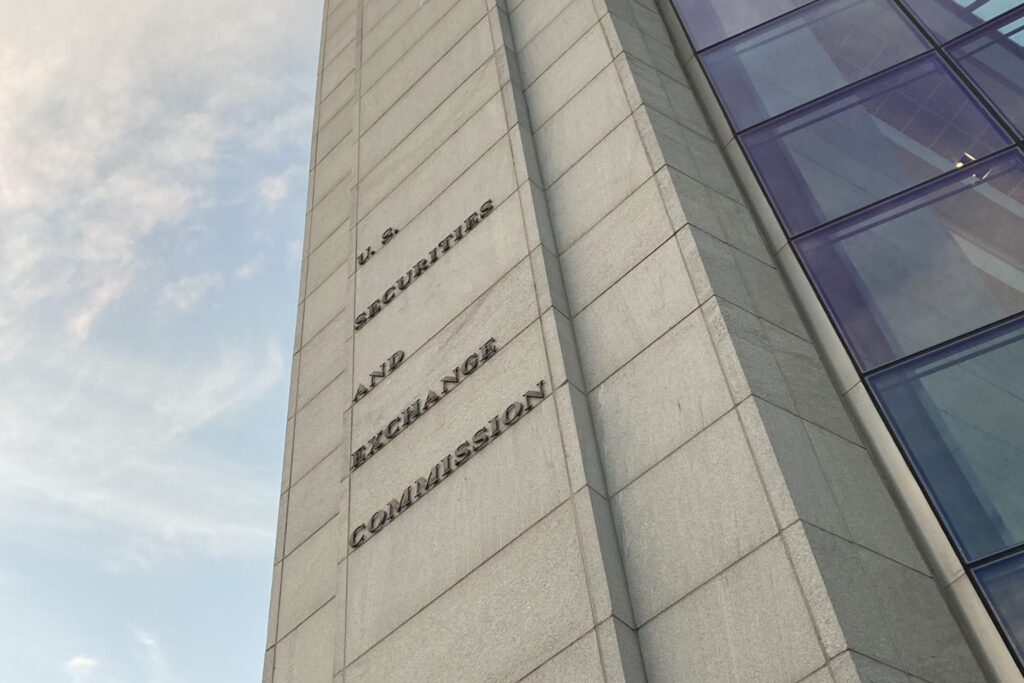On August 30, the United States Court of Appeals for the Fifth Circuit ruled in Barr v. SEC, that two whistleblowers are not eligible to receive whistleblower awards based on proceeds collected by the government in a voluntary bankruptcy proceeding.
After two whistleblowers exposed what has been called “one of the biggest frauds in Texas history” the SEC sanctioned the fraud-committing company $38.7 million. The company then voluntarily declared bankruptcy in response to the sanctions.
The two whistleblowers fully qualified for awards under the Securities and Exchange Commission (SEC) Whistleblower Program, but the Court sided with the SEC’s argument that whistleblowers are not eligible for awards based on funds collected from the bankruptcy proceeding.
Through the SEC Whistleblower Program, qualified whistleblowers are eligible for awards of 10-30% of the funds collected in an action aided by their disclosure. The Fifth Circuit ruled that a voluntary bankruptcy proceeding is not “an action” carried out by the SEC.
Thus, despite their whistleblowing resulting in the SEC sanctioning a company $38.7 million and returning millions to harmed investors, the two whistleblowers have only received $31,000 according to reporting by Bloomberg.
According to whistleblower attorney Andrew Feller of Kohn, Kohn & Colapinto, this ruling reveals a major shortcoming in the SEC Whistleblower Program. In a new article published by the Columbia Law School BlueSky blog, Feller, a former high-ranking SEC official, outlines the implications of the ruling.
“Given that a central goal of the SEC Whistleblower Program is to create and incentive for whistleblowing through the promise of monetary awards, denying whistleblowers a fair award in these circumstances threatens to undermine the effectiveness of the program,” Feller wrote. “A whistleblower with knowledge of a massive fraud whose uncovering could force a company to declare bankruptcy may understandably think twice before taking on the risks of whistleblowing.”
“If the precedent of the Fifth Circuit ruling stands, the SEC should reconsider its position on exercising exemptive authority in circumstances where a distribution to harmed investors in bankruptcy can be clearly identified as a direct result of the SEC’s action and the whistleblower’s tip,” Feller continued. “Moreover, Congress should consider reforms to resolve this tension. Since the passage of the Dodd-Frank Act, whistleblowers and the SEC have proven to be great partners in cracking down on fraud and protecting the investing public. The holding in this case threatens to place an unnecessary strain on this partnership.”
Further Reading:
Fifth Circuit Ruling Underscores a Shortcoming of the SEC Whistleblower Program
